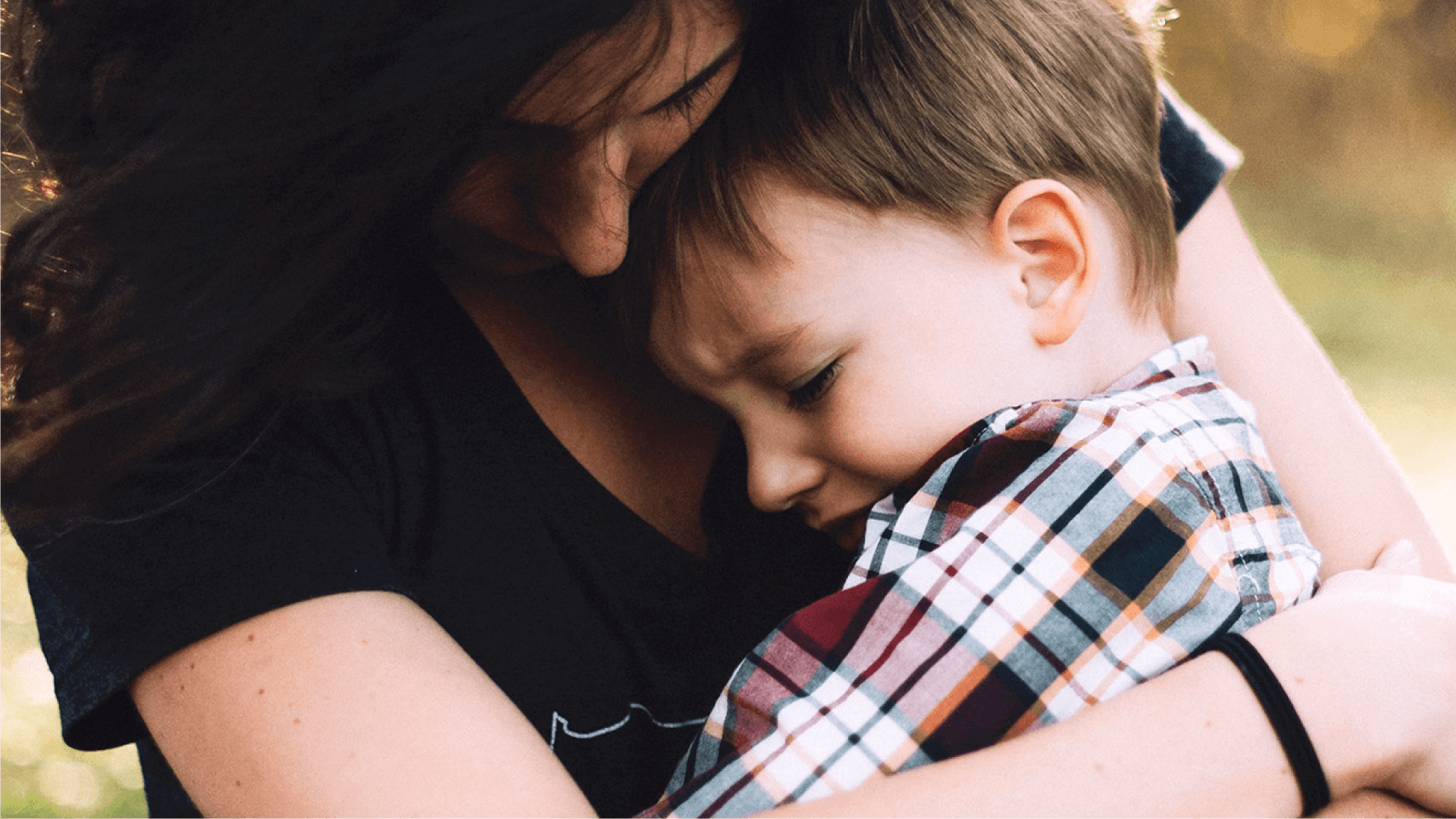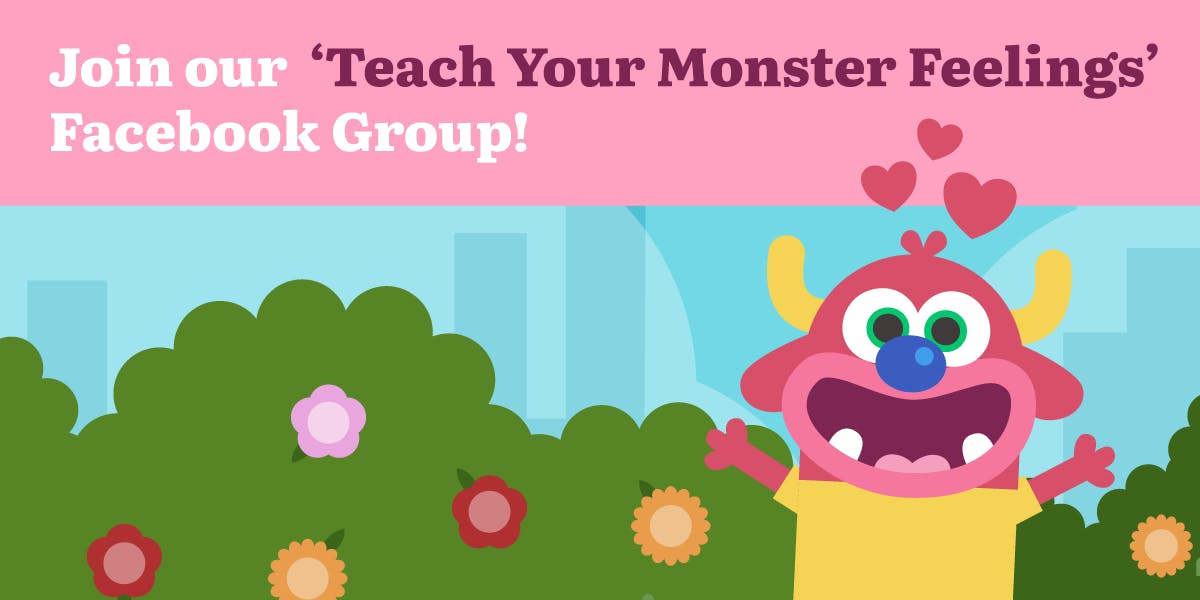All about feelings! Mental Health, Wellbeing, and Feelings in Children at Home and School
(3 minute read)
Did you talk to your kids about feelings on World Mental Health day (10th October)? Missed it? No worries (or any other negative feelings please!) We’re going to discuss how we can help our kids develop healthy ways of talking about their feelings.

Recent studies have shown that mental health has declined in almost 40% of school children in England, prompting organisations such as ITV to launch campaigns like Britain Get Talking - with a focus on helping young people communicate their feelings with the people around them. If you have older children, why not try out this handy homework from the campaign with them.
Just like adults, young kids have a wide range of complex emotions, but don’t necessarily have the language or understanding to express them, or recoginse them in others. This is known as emotional intelligence. The early years of a child's life, spent both at home and in school, play a huge role in shaping their emotional intelligence and overall mental health. One of the increasingly popular methods of developing this in schools is called Social and Emotional Learning (SEL for short).
SEL means that children should be able to identify and label emotions so children are able to recognise and talk about a range of different emotions; relate feelings and thoughts to behaviours so they can see what triggers and maintains these emotions; and regulate their emotions through learning about simple strategies and tools to manage them. Developing these skills of self-awareness and self-management help build for more success in education, career and life!
Here at Teach Your Monster, we’re really interested in helping this process of emotional development in young children through play. So much so that we are creating an exciting Social and Emotional Learning (SEL) minigame that empowers children to understand and manage their feelings effectively.
If you have feelings (!) about this topic, we’d love for you to join our Teach Your Monster Feelings Facebook group, where you can share your experiences, insights, and strategies for teaching children about feelings as well as helping us develop the minigame and get exclusive updates on it’s development!

In the meantime, here are some strategies you could use at home to promote mental wellbeing at home:
- Open Communication: Encouraging open communication with young children is crucial. Create a safe space and time where kids feel comfortable expressing their feelings without judgement.
- Emotional Literacy: Teach children to identify and label their emotions. Use books, art, and storytelling to help them recognise and understand different feelings.
- Empathy: Encourage children to understand and show empathy towards the feelings of others. This helps them build social skills, relationships, and emotional resilience.
- Healthy Role Modelling: Demonstrating healthy ways to manage stress, express emotions, and resolve conflicts can significantly impact a child's emotional development.
- Routine and Structure: Establishing a daily routine provides children with a sense of security and predictability. This stability can reduce anxiety and promote positive mental health.
- Encourage Play and Creativity: Play is essential for a child's mental health. Encouraging creative activities helps children express their emotions and develop problem-solving skills.
- Physical Health: A balanced diet, regular exercise, and sufficient sleep are essential for a child's overall wellbeing. Physical health is closely linked to mental health. If you have a fussy eater at home, why not try out our free game Teach Your Monster Adventurous Eating to make those foods a little less scary and a lot more fun!
References
ITV’s ‘Britain Get Talking’ Mental Wellness Campaign
Mind - World Mental Health Day
Impetus Social and Emotional Learning Report - Dec 2022
NHS Mental Health of Children and Young People In England Survey - September 2021